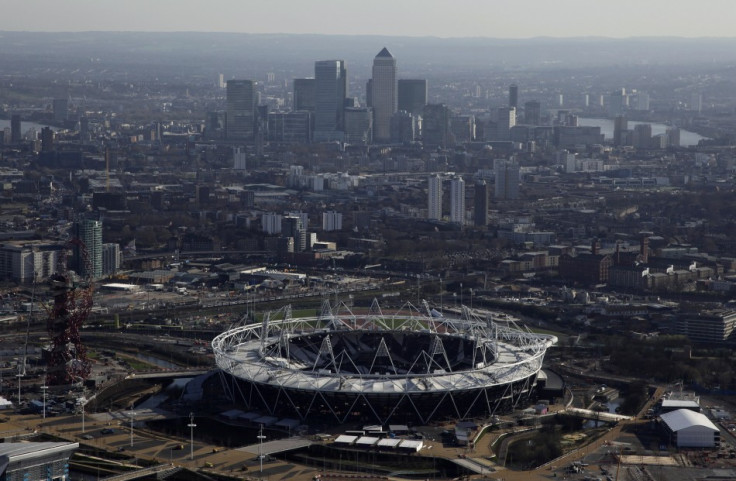London Olympics 2012: Brand Police on Patrol to Enforce Sponsors' Exclusive Rights
Purple patrols able to issue £20,000 fines for traders breaching advertising rules

Almost 300 advertising enforcement officers will patrol the areas around Olympic venues to ensure traders are not staging "ambush marketing" and illegally associating themselves with the games.
The Olympics Delivery Authority (ODA) has confirmed that the uniformed patrols will monitor businesses, pubs and shops across London, and ensure they are not using particular words or phrases that clash with the games' official sponsors, such as Coca-Cola and McDonald's.
The ODA has ordered companies to refrain from using a list of Olympic-themed words in their advertising promotions during the 2012 games. The list includes "gold", "silver", "bronze" and "London".
Under legislation specifically created for the 2012 games, the enforcement officers - who will be clad in distinctive purple shirts and hats - have the power to enter the premises of traders they believe to be contravening the advertising regulations, and impose fines of £20,000 in serious cases.
A spokesman for the ODA said: "We are using experienced local authority staff who enforce street trading and advertising legislation. They have all been fully trained.
"Deliberate ambush offences will be dealt with using the full enforcement powers conferred on officers."
Draconian
The move follows a less successful attempt at protecting the exclusive rights of sponsors who are bankrolling the games to the tune of more than £1bn.
Retailers around the 40 Olympics venues were barred from selling chips on their own to avoid infringing on the rights acquired by McDonald's but Olympics organisers backed down after an outcry.
Critics said the authorities' advertising enforcement campaign was petty and excessive. Marina Palomba, of the McCann Worldgroup advertising agency in London, described the rules as "the most draconian law in advance of an Olympic games ever".
The London Organising Committee of the Olympic Games (Locog) said the restrictions were necessary to protect the brands involved in the Olympics. Around £1.4bn of the overall £11.4bn budget for London 2012 has come from international and domestic sponsors.
A spokesman for Locog told The Independent: "These rights are acquired by companies who invest millions of pounds to help support the staging of the games.
"People who seek the same benefits for free - by engaging in ambush marketing or producing counterfeit goods - are effectively depriving the games of revenue."
© Copyright IBTimes 2025. All rights reserved.






















